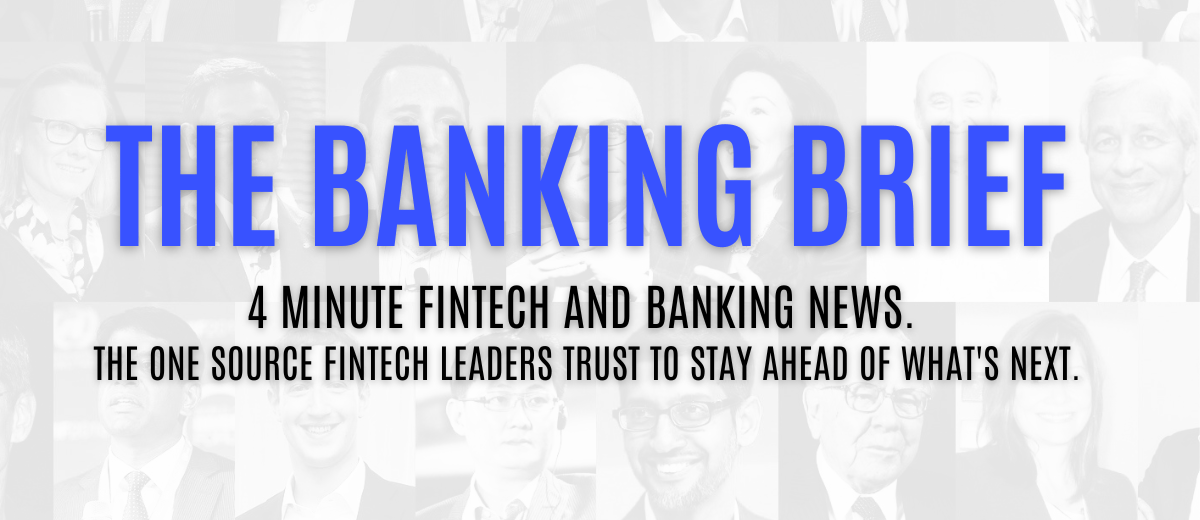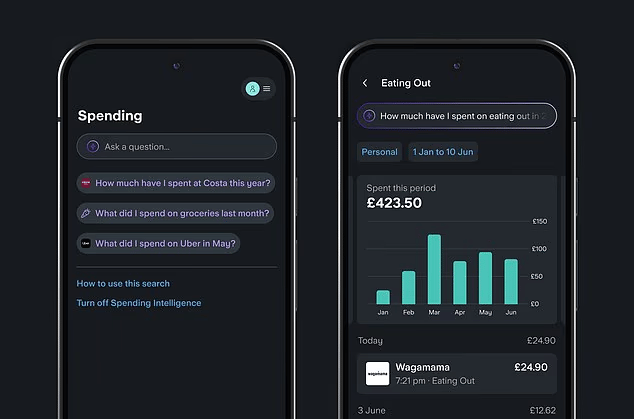- The Banking Brief
- Posts
- Starling's AI chatbot, Walmart's Fintech Run and more
Starling's AI chatbot, Walmart's Fintech Run and more
3-minute read

Everything
1 Big Idea: Starling’s AI chatbot redefines money analytics

Starling Bank (UK digital bank) launches the UK's first customer-facing genAI tool, shifting chatbots from basic service to personalized finance insights.
Why it matters: It sets new standards for hyper-personalized banking while avoiding regulatory landmines by focusing strictly on spending analysis—not financial advice.
Driving the news:
Powered by Google Gemini (generative AI model), it answers natural-language queries like "Show my December dining spend" with instant charts.
Free for all 4.6M+ customers, with opt-in privacy controls and zero data sharing with Google.
Zoom in:
AI suggests prompts based on user behavior:
Frequent travelers see vacation spend trackers; foodies get restaurant analytics.
Essentially - The more you interact, the more you’ll learn about your money habits.
Hang on: Avoids savings/investment guidance due to regulatory boundaries—limiting its utility as a full money coach.
Be smart: Starling is trading monetization for data gold. Deep spending insights could fuel future products (e.g., dynamic budgeting) while locking in user engagement.
The bottom line: This isn’t just a chatbot—it’s a Trojan horse for habitual financial self-education.
2. Walmart’s fintech end-run
Why it matters: After dumping Capital One, Walmart’s OnePay fintech arm launches two Synchrony-backed credit cards—accelerating retail’s banking disruption.
What we found:
General Mastercard + Walmart store card target underbanked shoppers.
OnePay handles UX; Synchrony (financial services firm) manages underwriting (credit risk assessment).
How it works:
Non-qualifiers for Mastercard get downgraded to store card—capturing marginal borrowers.
Follows OnePay’s partnership playbook (e.g., Klarna BNPL/Buy Now Pay Later) to build a finance ecosystem.
Hang on: Retail cards historically exploit low-income users with 25%+ APRs (annual percentage rates)—will OnePay avoid this?
The bottom line: Retailers are becoming banks with better distribution.
3. The Scoop
Plaid (financial API company) enables real-time business payments via RTP® Network—slashing ACH (automated clearing house) delays for firms like Carvana.
Stripe (payment processor) acquires crypto wallet startup Privy, doubling down on blockchain after $1.1B stablecoin move.
Revolut (digital bank) targets 2026 Spanish business banking launch—exploiting BBVA-Sabadell (Spanish banks) merger chaos.